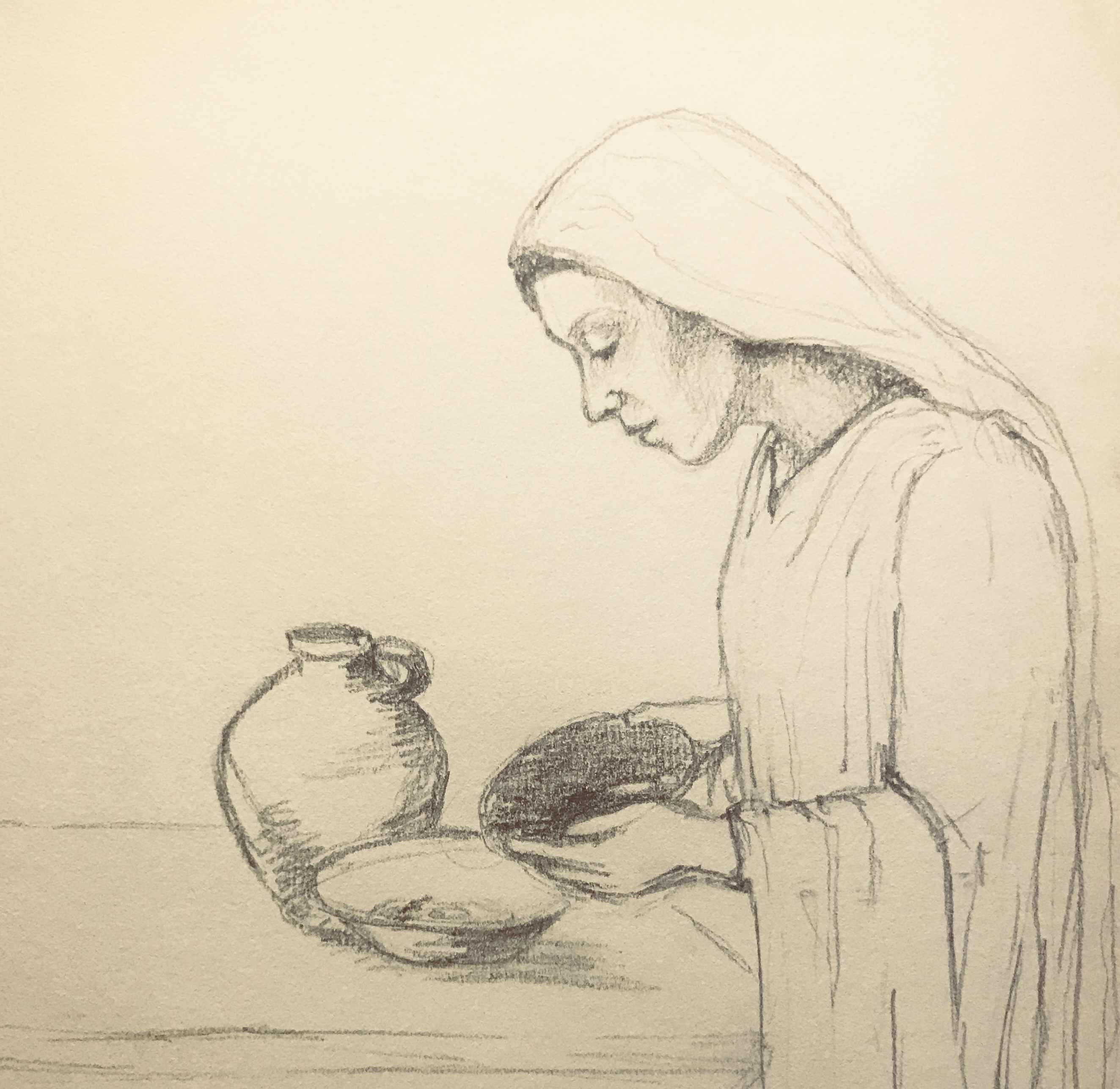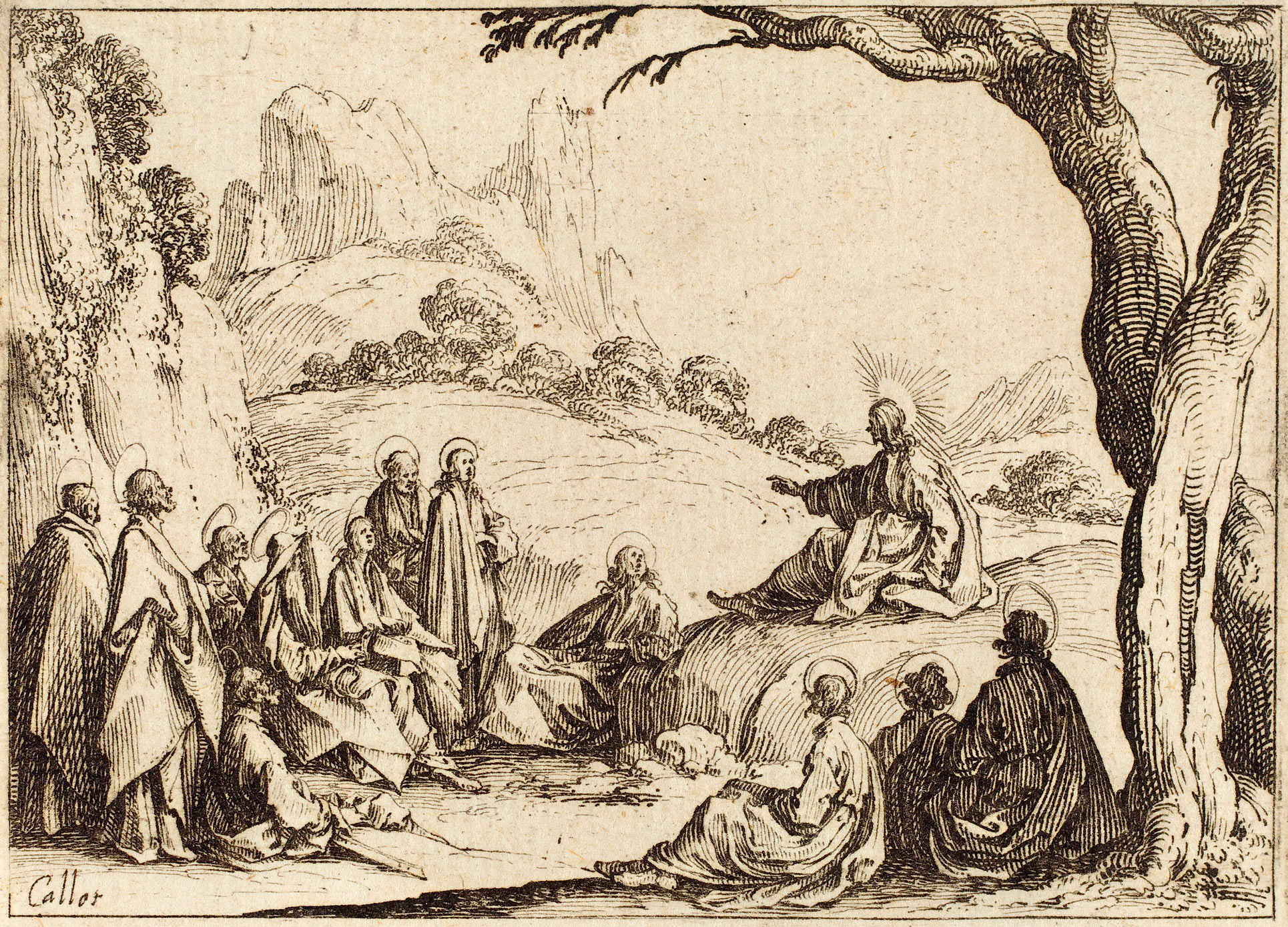
At first glance the story about the widow in Zarephath seems a bit harsh, perhaps too demanding. How could God expect someone on the point of starvation to provide what would be their last meal to a stranger? Why would He ask someone to do such a thing? It reminds us of Abraham who is asked by God to offer his only son Isaac. When it is God Himself who asks, obedience must be understood as access to true happiness. God gives us these stories to remind us that we cannot discern what we ought to do without consulting Him, His Word, His prophets.


 The Beatitudes are Jesus’ charter for the Christian Life. The Beatitudes do not replace the Ten Commandments, but they are revealed to propel us into a life of true blessedness. The rich man leaves Jesus in sadness when he finds himself unable to let go of his wealth, even though he kept all the commandments. He sought perfection, “what must I do to be perfect,” but had an ill-conceived notion of what perfection is. He thought higher perfection would win him more esteem in the eyes of men, he thought perhaps that he was already pretty close to perfection because he avoided grave sin. When Jesus invites him to “go and sell all that you have, give to the poor and then come and follow me and you will have treasure in heaven” He reveals that becoming perfect means becoming truly happy, truly blessed, truly free. Blessed are the poor in spirit, for theirs is the kingdom of heaven.
The Beatitudes are Jesus’ charter for the Christian Life. The Beatitudes do not replace the Ten Commandments, but they are revealed to propel us into a life of true blessedness. The rich man leaves Jesus in sadness when he finds himself unable to let go of his wealth, even though he kept all the commandments. He sought perfection, “what must I do to be perfect,” but had an ill-conceived notion of what perfection is. He thought higher perfection would win him more esteem in the eyes of men, he thought perhaps that he was already pretty close to perfection because he avoided grave sin. When Jesus invites him to “go and sell all that you have, give to the poor and then come and follow me and you will have treasure in heaven” He reveals that becoming perfect means becoming truly happy, truly blessed, truly free. Blessed are the poor in spirit, for theirs is the kingdom of heaven.